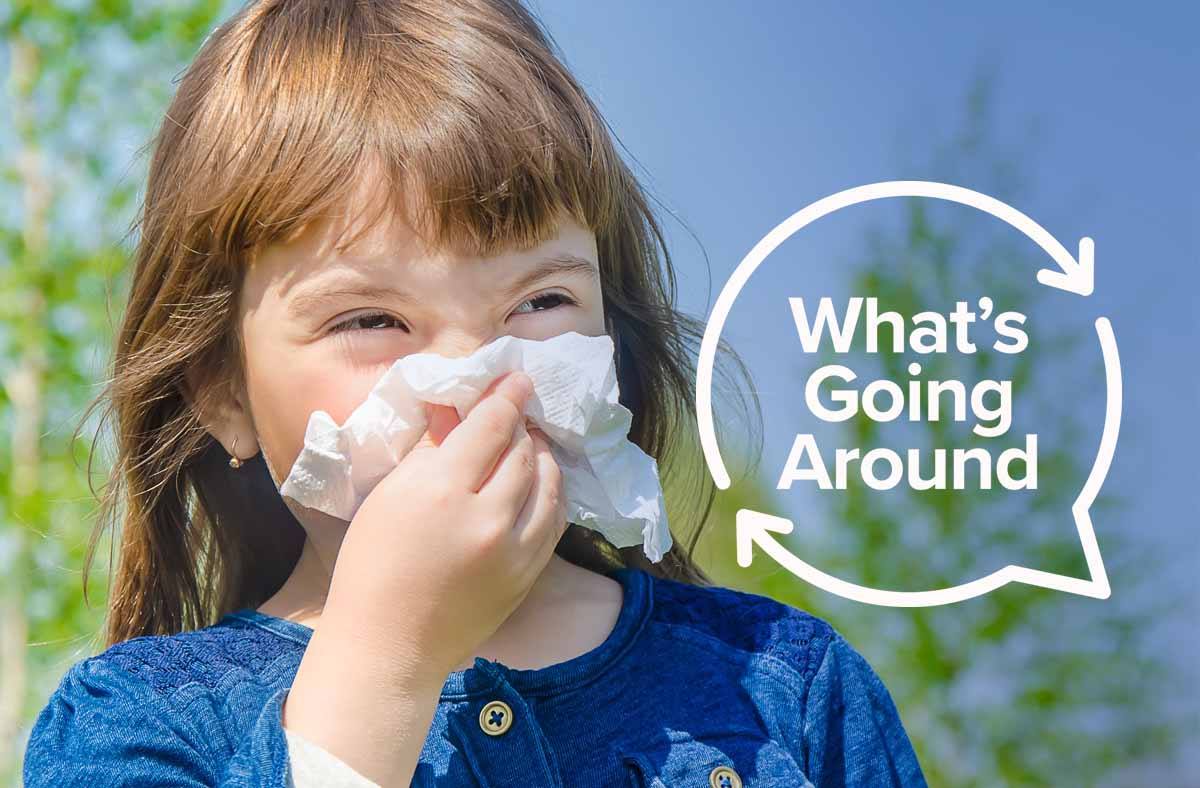Common colds and seasonal allergies share some of the same symptoms. However, they are very different diseases. Treatments of a common cold include pain relievers, rest, and some over-the- counter remedies. Allergies are immune system responses, so treatment should include allergy testing by a doctor.
Have an itch or wheezing? Itchy eyes, throat, and nose, along with sneezing? This is usually associated with allergy symptoms. It is hard for some people to know the difference between a summer cold or seasonal allergies.
If you tend to get “colds” that develop suddenly and periodically return at the same time each year, it is possible that you have seasonal allergies.
Summer allergies can strike anyone. The most common triggers are grass pollen and mold spores. Another common trigger is the pollen from certain trees that peak in the summer. Warmer winters cause trouble for people with spring and summer allergies.
Allergy testing is important for those experiencing allergy symptoms because it is a precise method for finding out which allergens are causing your allergic reactions. Once you know which substances you are allergic to, your physician can work with you to develop a treatment plan to alleviate and eliminate some of your allergy symptoms.
As you begin allergy testing, here are some simple solutions to consider:
1. Shower at night – Though pollen levels are usually highest in the morning, allergy symptoms can be worse at night – especially during the summer. We are exposed to various allergens during the summer, when we are engaged in more activities. Showering at night washes off pollen that might be on your skin and in your hair. Showering at night also keeps pollen off your pillow and bed.
2. Tackle laundry sooner – Putting your clothes in the laundry sooner can also help with summer allergies. If you’ve been outside when the pollen count is high, you tend to bring allergens into your home and they pollute the air. Putting them in the laundry immediately helps with allergy symptoms, especially at night.
3. Allergy Shots – Everyone reacts differently to allergy shots. They contain small amounts of your allergen so your body can slowly get used to it and control the reaction. Symptoms get better after consistent treatment, which leads to relief.
4. Wear a hat – we often think sunglasses is the key to blocking allergens that cause watery, itchy, and red eyes. However, wearing a wide-brim hat throughout the summer and during activities, help reduce allergy symptoms. Wearing a hat helps block the pollen allergens from trees and other allergen triggers around you.

